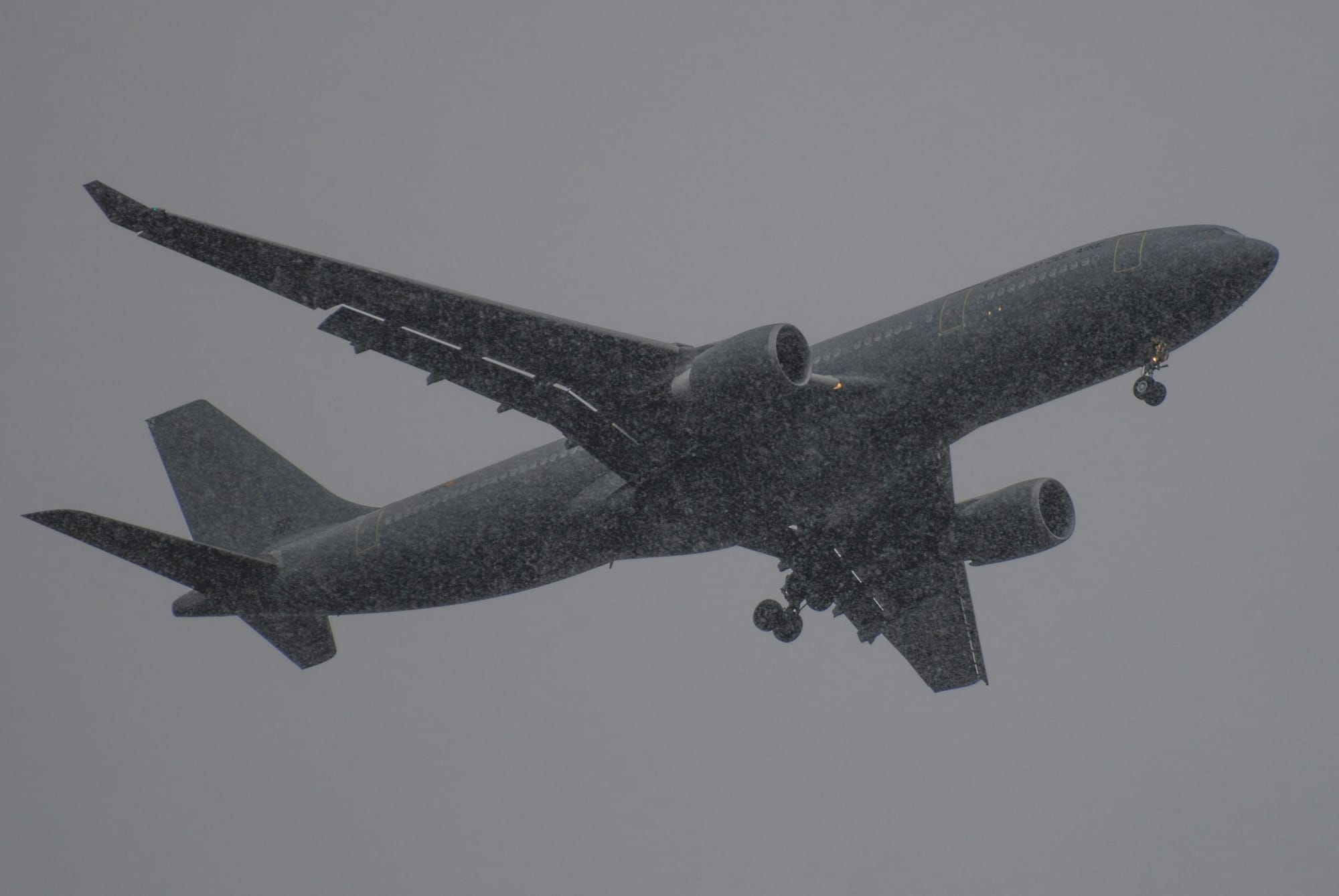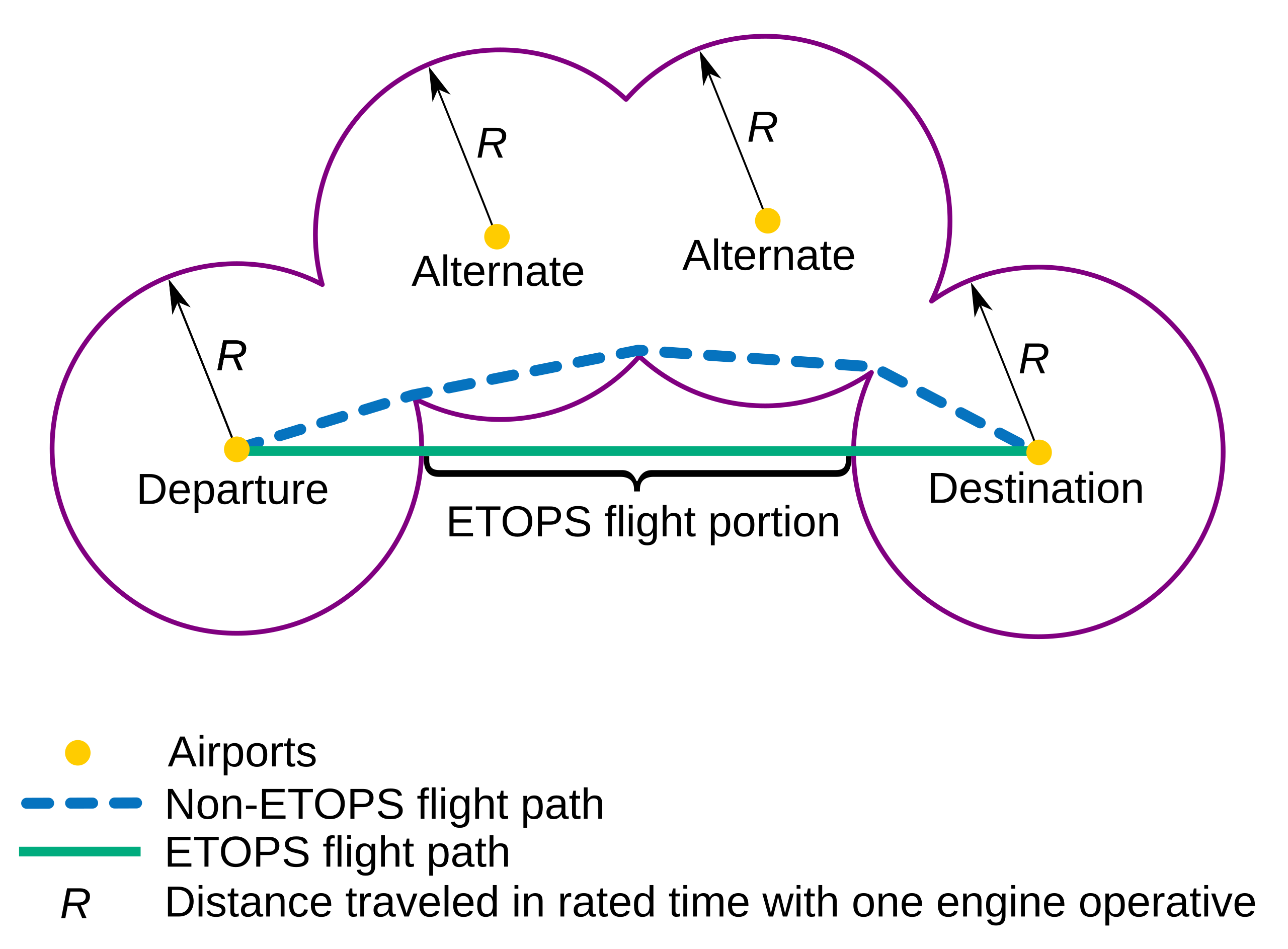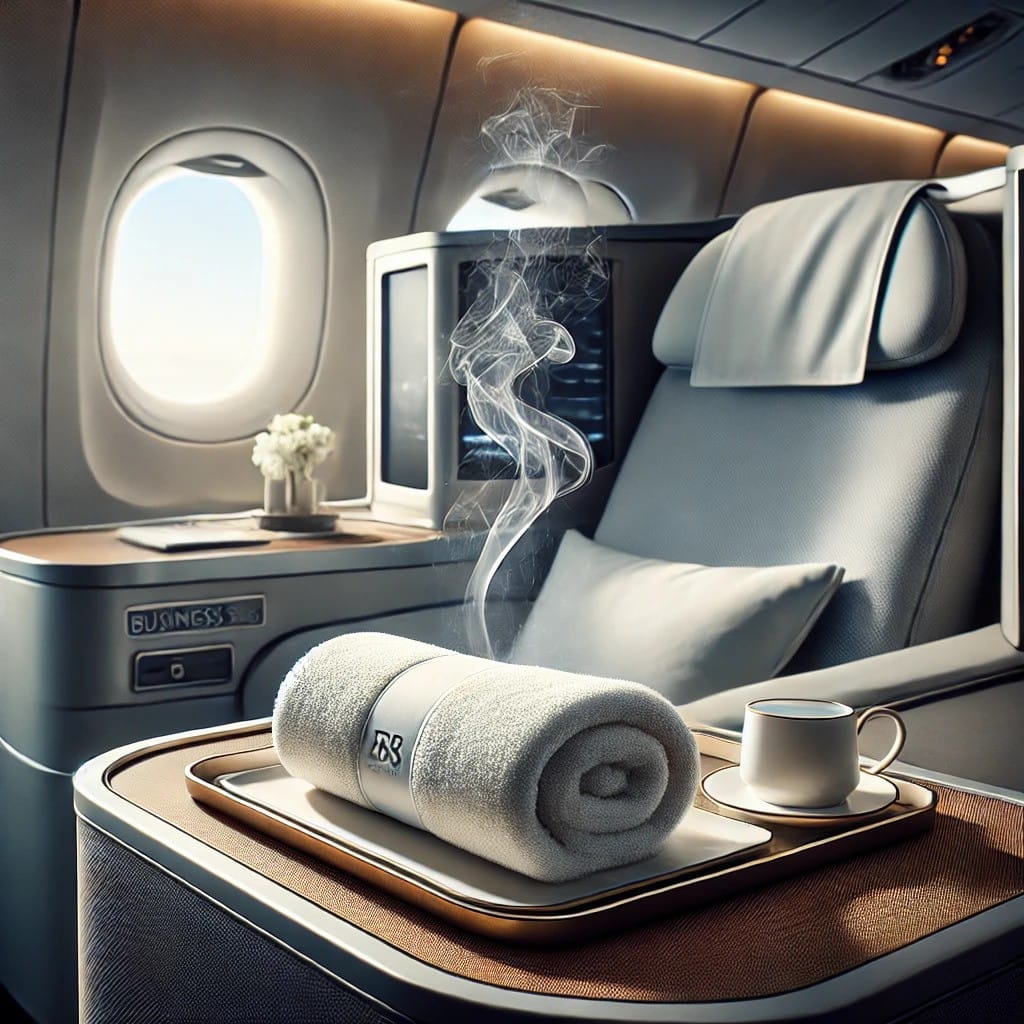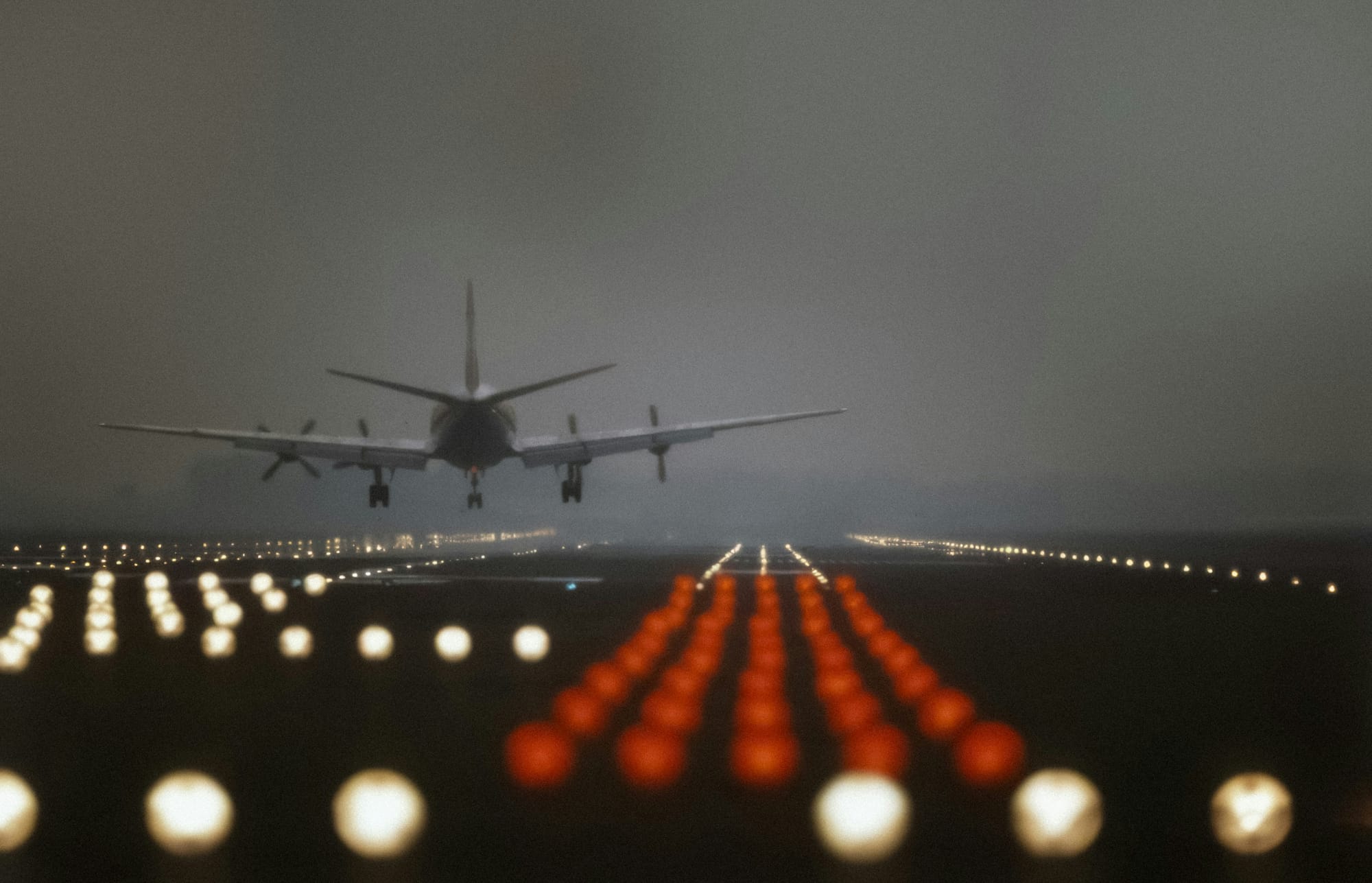Do We Need More Airlines for Better Competition?
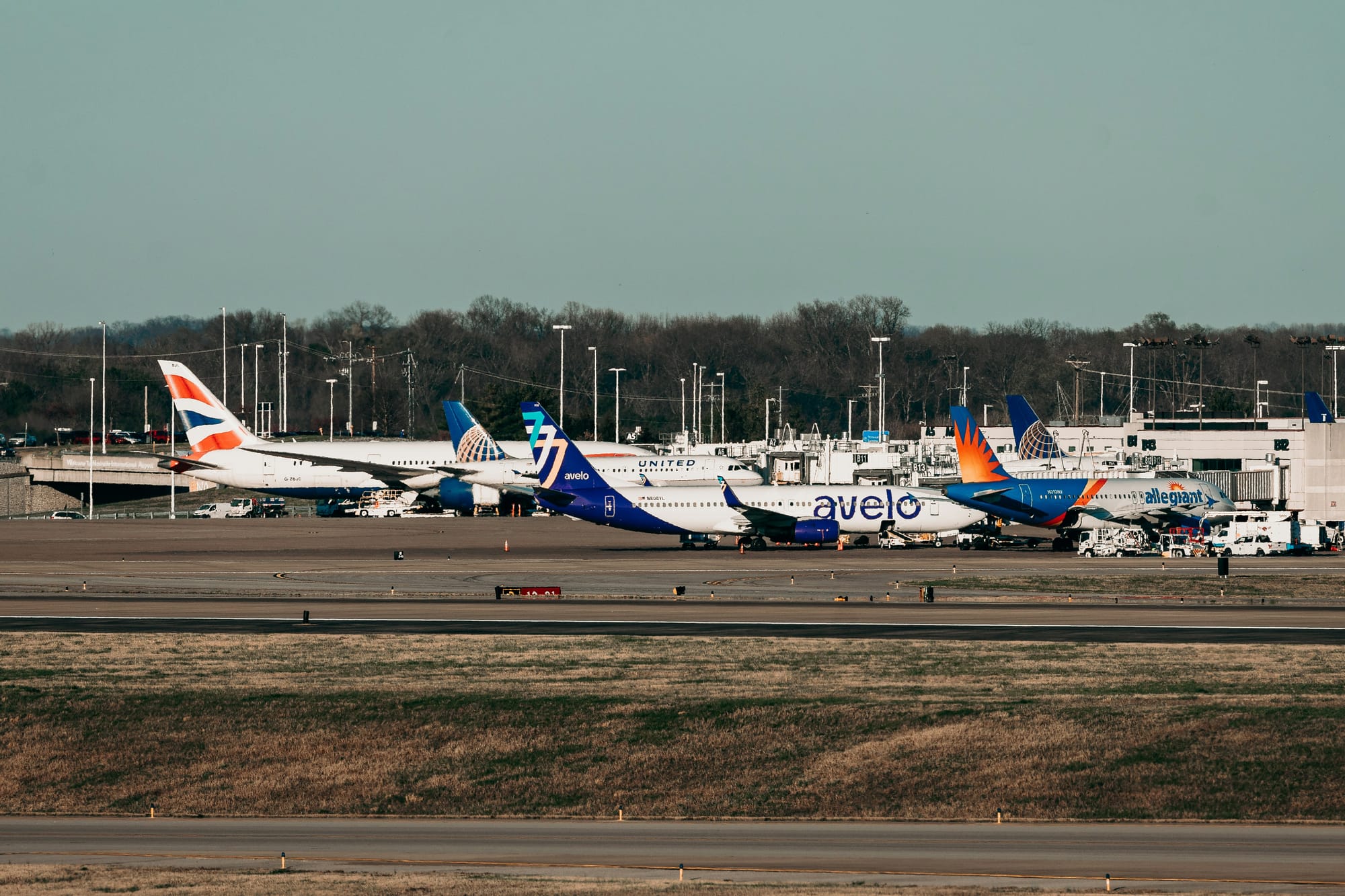
The aviation industry is a cornerstone of global connectivity and economic development. However, it is often a battleground for debates on market dynamics and consumer benefits. One such debate revolves around whether the industry needs more airlines to foster competition. Proponents argue that increased competition leads to better prices and services, while opponents caution against the potential drawbacks of market oversaturation. This article explores both perspectives, weighing the potential benefits and challenges of introducing more airlines into the market.
The Case for More Airlines
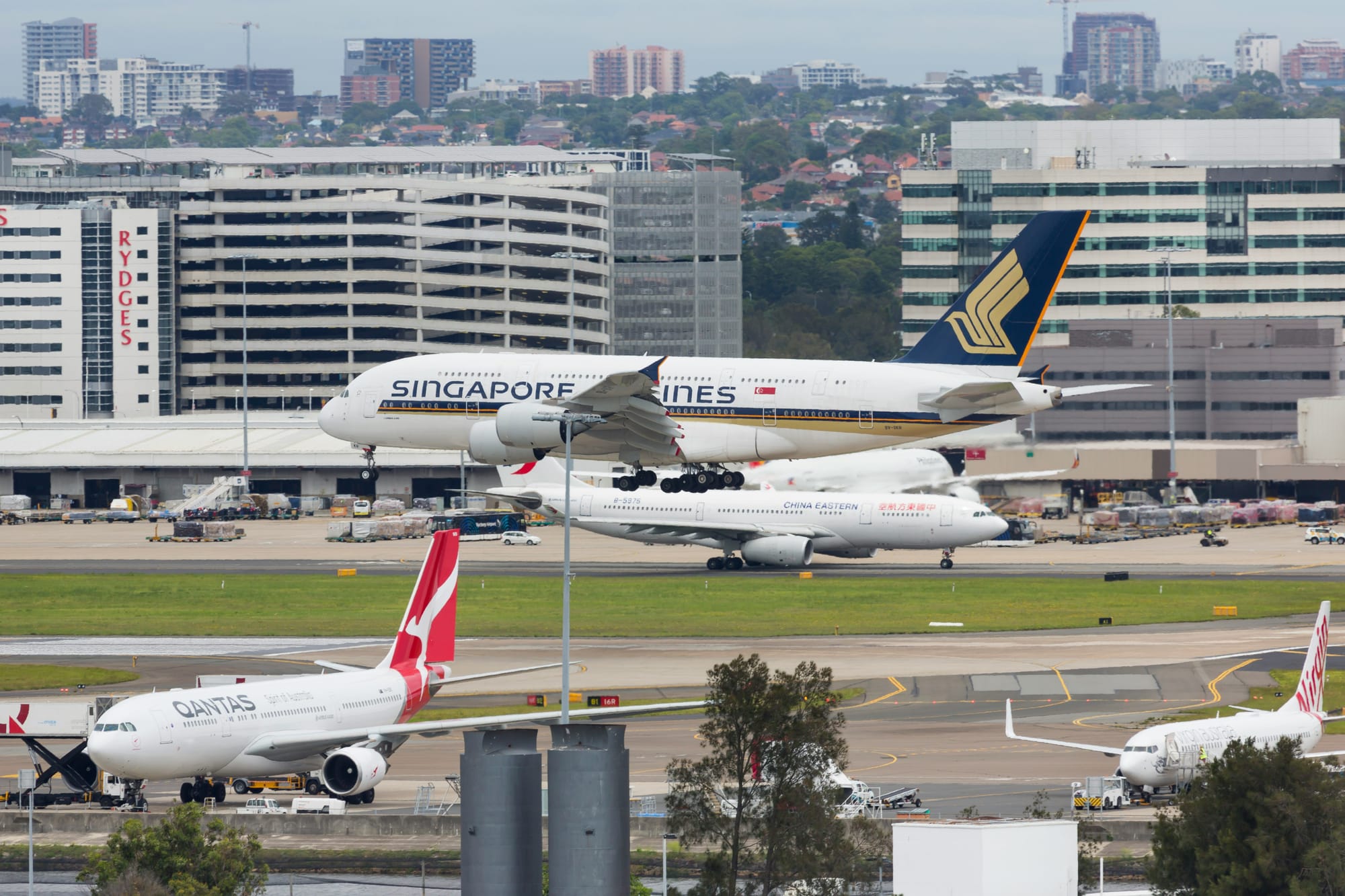
Enhanced Competition and Lower Prices
One of the primary arguments for introducing more airlines is the positive impact on competition. More players in the market can drive down ticket prices as airlines vie for customers. This competitive pricing benefits travelers, making air travel more accessible and affordable. Historical data suggests that routes served by multiple carriers often see lower fares compared to monopolized routes.
Improved Service Quality
Competition can also lead to enhancements in service quality. Airlines, in their bid to attract and retain customers, are likely to invest in better customer service, more comfortable seating, in-flight entertainment, and other amenities. This drive for differentiation can elevate the overall passenger experience, creating a more consumer-friendly industry.
Innovation and Diversity
New entrants in the aviation market often bring fresh ideas and innovations. Whether it’s new business models, like low-cost carriers, or advancements in technology and sustainability, these new players can push the industry forward. Diversity in the types of airlines—ranging from budget to premium—can cater to a broader range of consumer needs and preferences.
The Case Against More Airlines
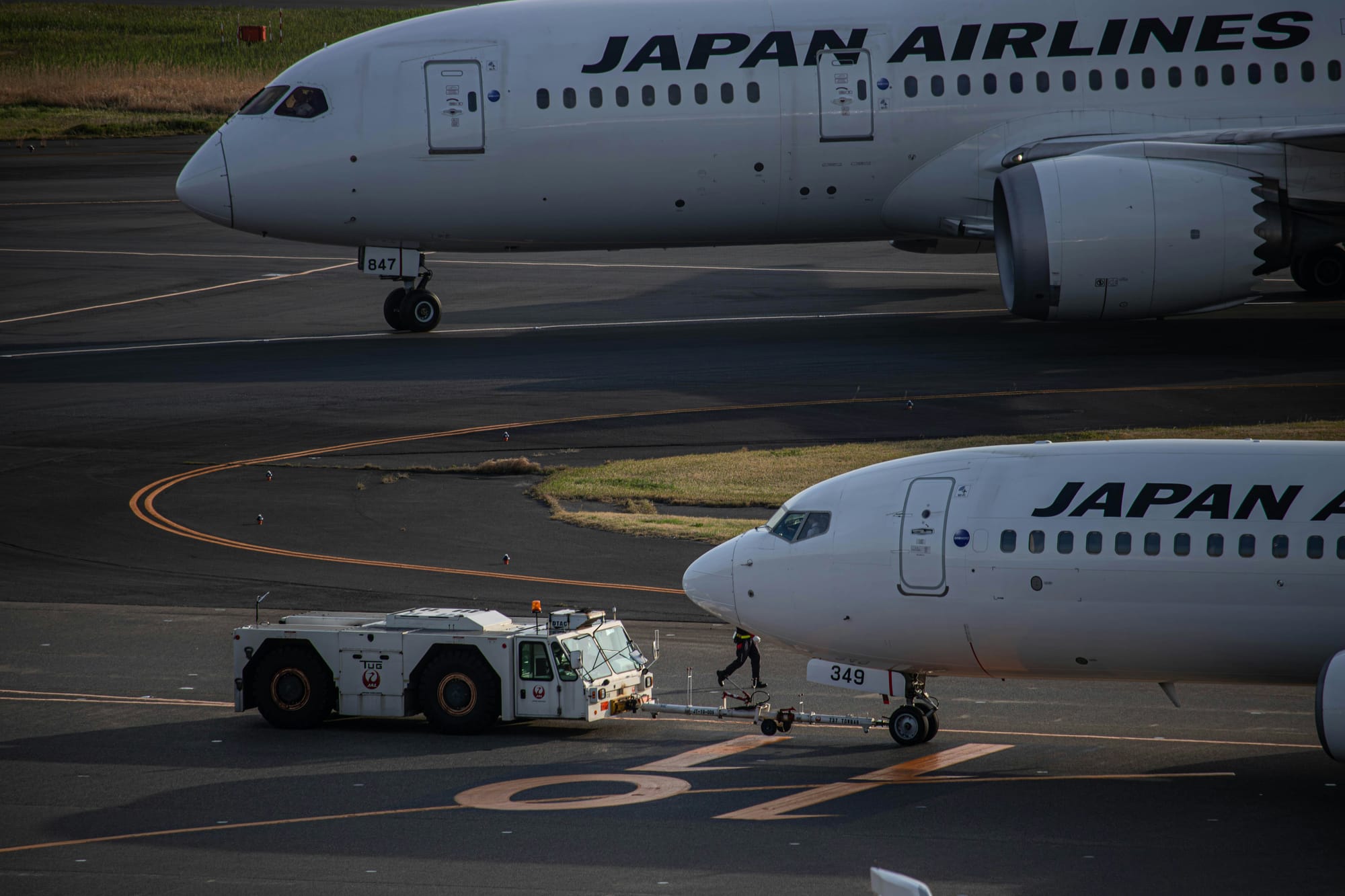
Market Saturation and Financial Instability
While competition is generally beneficial, too many airlines in the market can lead to oversaturation. This scenario can result in financial instability, as airlines struggle to maintain profitability in an overcrowded market. Historically, periods of excessive competition have led to numerous airline bankruptcies, reducing the overall stability of the industry.
Reduced Economies of Scale
Larger, established airlines benefit from economies of scale, allowing them to operate more efficiently and at lower costs. The introduction of more airlines, particularly smaller ones, could dilute these economies, leading to higher operational costs. This increase could, paradoxically, drive prices up and negate some benefits of competition.
Environmental Concerns
The aviation industry is a significant contributor to carbon emissions. An increase in the number of airlines and flights could exacerbate environmental challenges, conflicting with global sustainability goals. While some new airlines might adopt greener technologies, the overall increase in air traffic could offset these gains.
Balance is Key
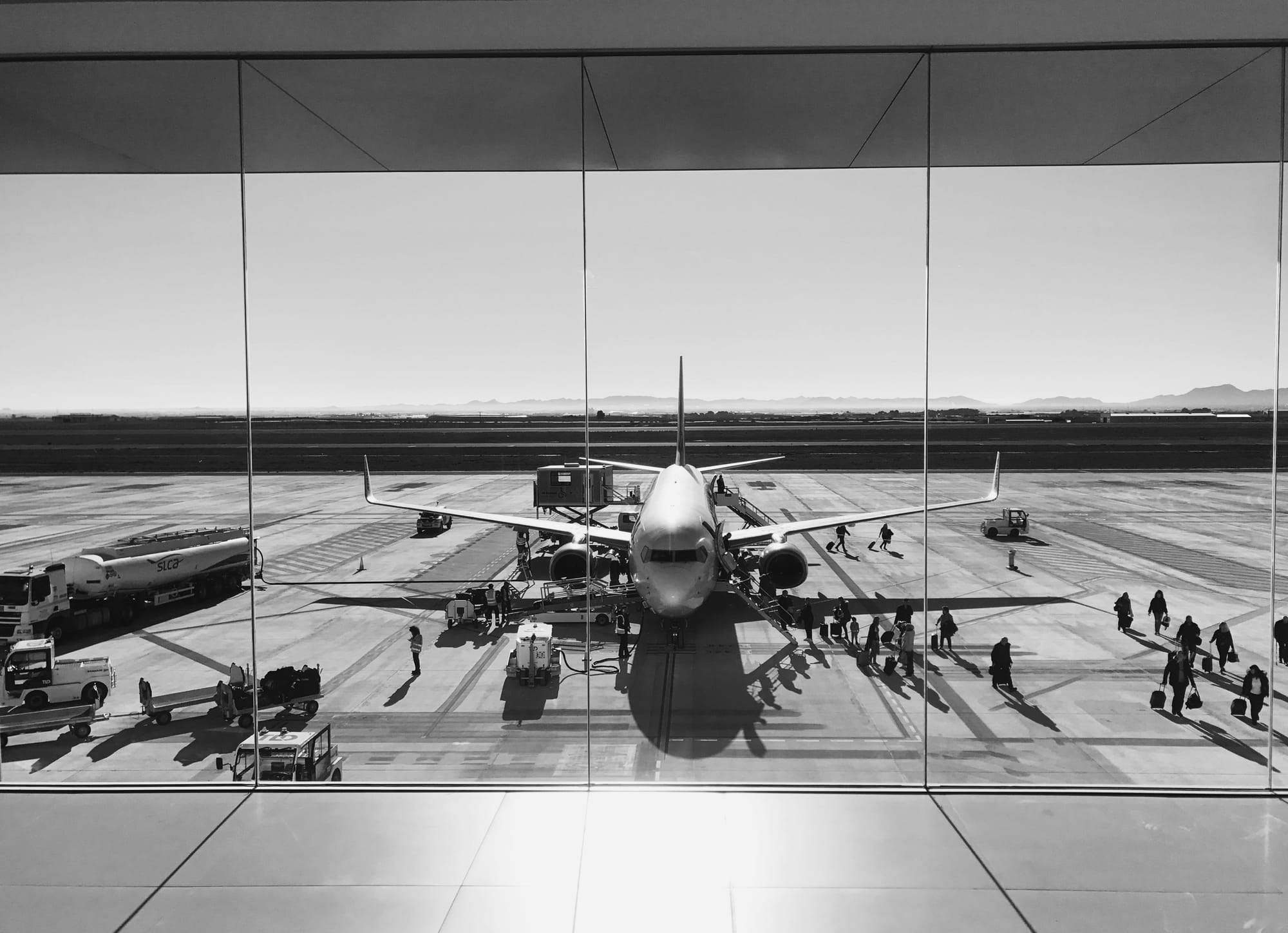
Finding a balance between fostering healthy competition and maintaining industry stability is crucial. Regulatory bodies play a key role in this, ensuring that market conditions support both new entrants and established players without compromising financial health or environmental standards. Encouraging responsible competition involves setting stringent guidelines for market entry, promoting sustainable practices, and supporting innovations that enhance efficiency and reduce the industry's carbon footprint.
Final Thoughts
The question of whether the aviation industry needs more airlines for better competition does not have a straightforward answer. While increased competition can lead to lower prices, better service, and innovation, it also carries risks of market saturation, financial instability, and environmental impact. Striking the right balance requires nuanced regulatory oversight and a focus on sustainable growth. Ultimately, the goal should be to create an aviation market that benefits consumers, supports healthy competition, and aligns with broader economic and environmental objectives.


